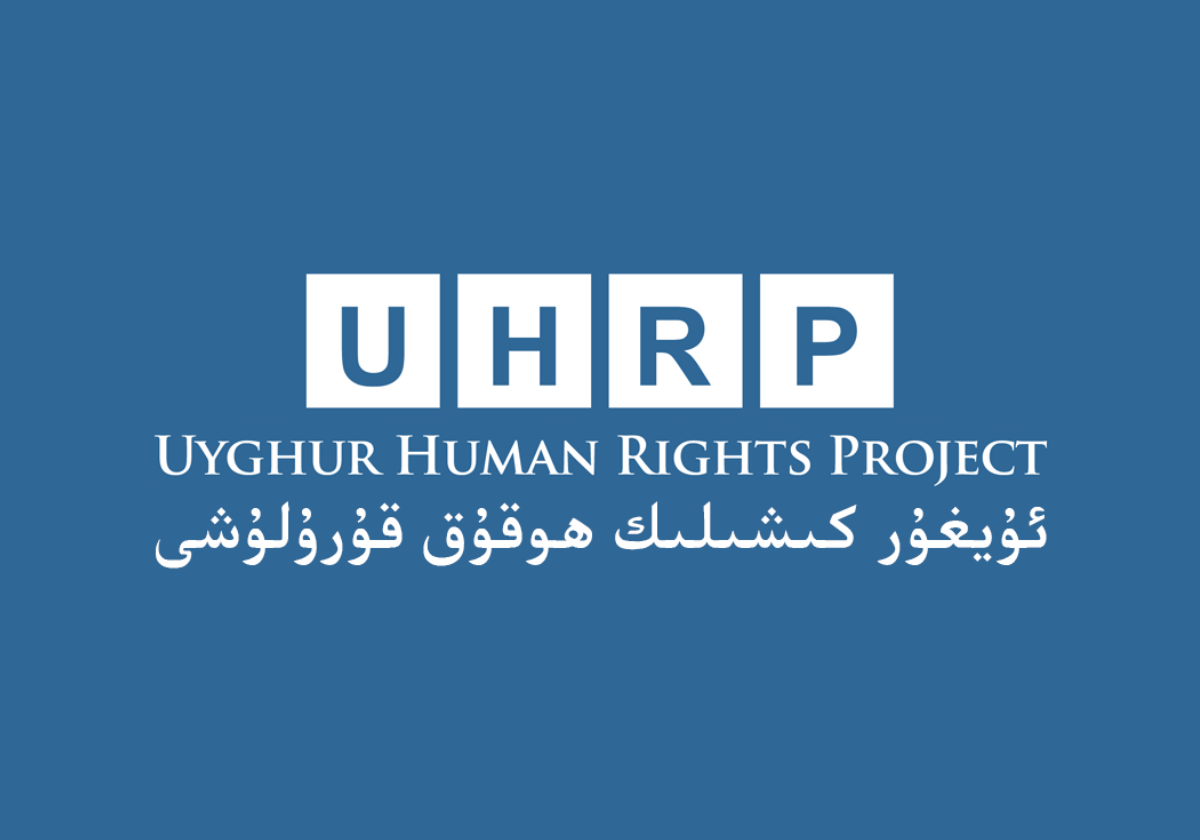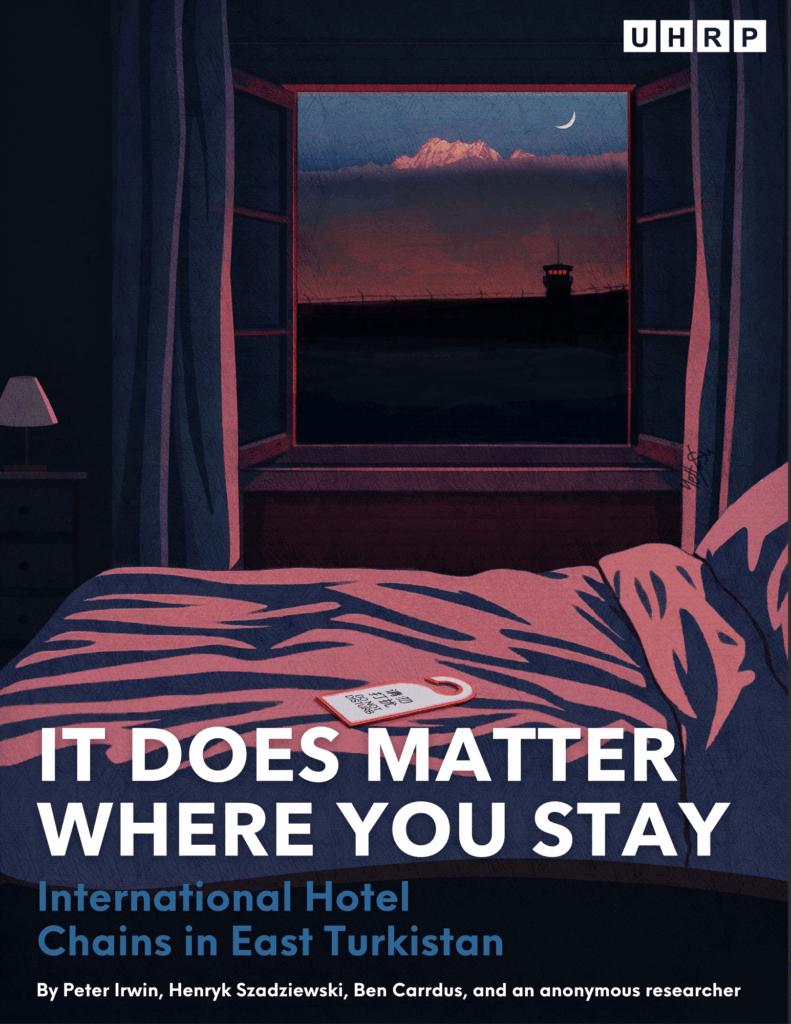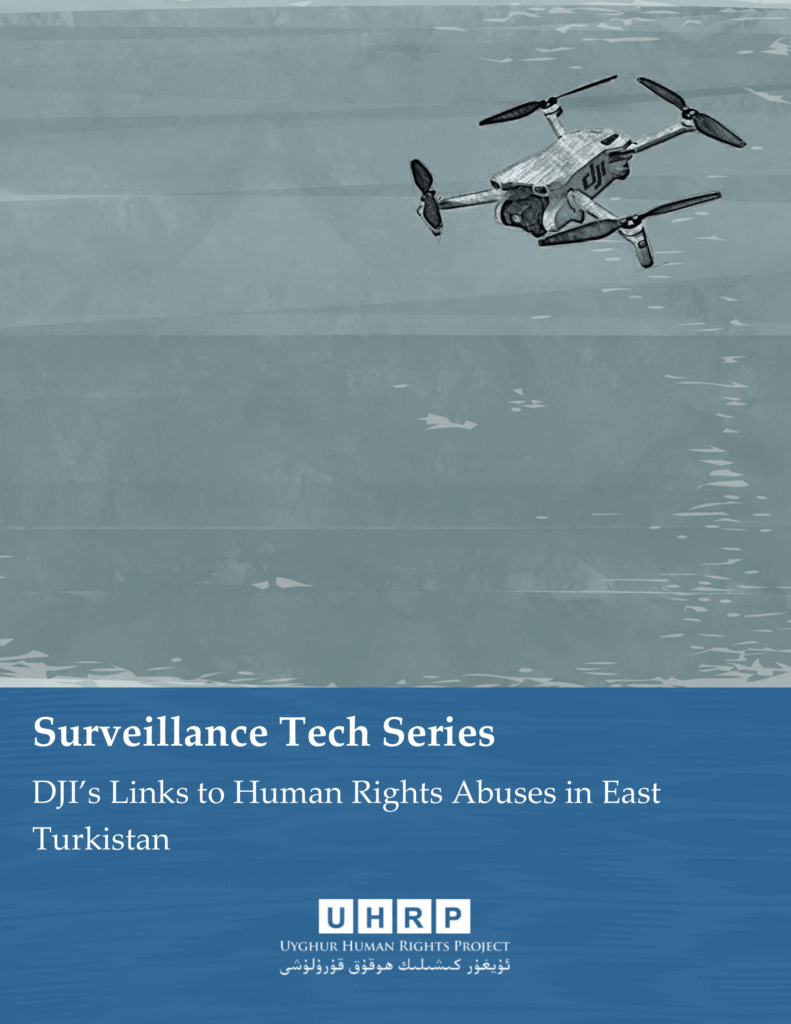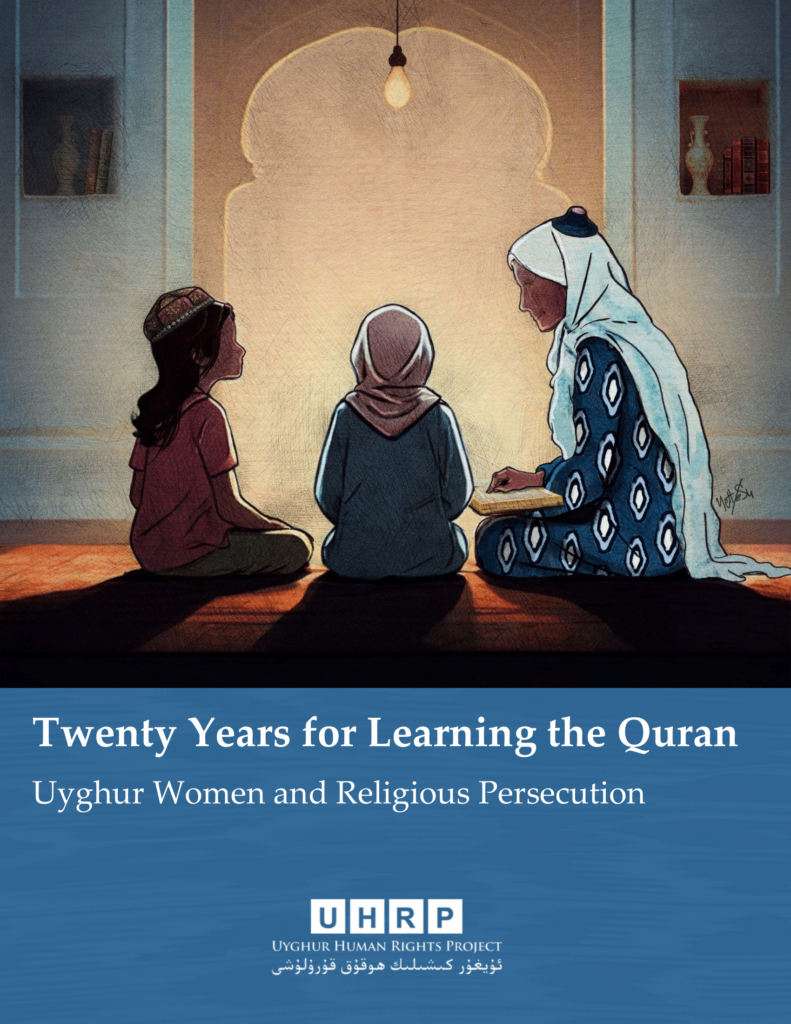Sacred Right Defiled: China’s Iron-Fisted Repression of Uyghur Religious Freedom

For immediate Release
April 30, 2013, 2:00 pm EST
Contact: Uyghur American Association +1 (202) 478 1920
A Uyghur Human Rights Project report by Henryk Szadziewski and Greg Fay. Download the full report in English here.
A new report from the Uyghur Human Rights Project (UHRP) details the repression of religious freedom among Uyghurs in the People’s Republic of China (PRC). “State persecution of Uyghur religious practice in China has increased tremendously in recent years, and this report illustrates how Uyghurs’ fundamental right to freedom of religion is denied by Chinese authorities,” said UHRP Director Alim Seytoff. Based on interviews with Uyghur witnesses to repression of religious freedom in East Turkestan, government documents, and reports from media, human rights groups, and academic observers, Sacred Right Defiled is the first systematic documentation of the repression of Uyghur religion published by a human rights group since 2005, and focuses on recent developments since that time.
In the report,Sacred Right Defiled, UHRP has documented the evolution of religious regulation nationally and regionally, as well as the role of Chinese government officials’ rhetoric targeting religion. UHRP believes the regulations documented have had the effect of criminalizing peaceful religious practices among Uyghurs on par with illicit and violent activity. Rather than simply forbid religious practices, Chinese local and central authorities have implemented policies that have progressively narrowed the definition of lawful activity. As a result, many Uyghurs find that traditional religious customs are not permitted. Regulations have also made it more difficult for religious bodies to exist without state approval, and increased oversight of such approved organizations. Chinese state rhetoric has justified many of its restrictions through claims that it faces an organized threat to security in the form of the “three evil forces” of terrorism, separatism and religious extremism. The Chinese government has yet to put to rest reasonable doubt over these claims.
In East Turkestan, also known as the Xinjiang Uyghur Autonomous Region (XUAR), the intensifying number of national and regional regulations, as well as official rhetoric, aimed at religious belief and practice mean the Uyghur people are subjected to the harshest conditions governing religious life in the PRC. Uyghurs practice a moderate form of Islam and many perceive their faith as a statement of their cultural identity, as well as an assertion of their difference from the Han Chinese. For many Uyghurs the incursion of the state into their private and public expressions of religious belief is viewed as part of an assimilative process the Chinese government is undertaking that includes other aspects of their cultural identity, such as the demolition of Uyghur neighborhoods, phasing out of Uyghur language in the education system and curbs on artistic freedom.
The tight constraints placed on religious practice among Uyghurs are widespread. UHRP interviewed a number of Uyghurs who had experienced restrictions on their right to religious freedom, as well as conducted extensive research in English, Chinese and Uyghur on official and non-state material. Strict implementation of religious regulations was found across the entire region and those Uyghurs found to have contravened religious regulations were punished severely. State repression of religion among Uyghurs is not delineated between different faiths, as the Chinese authorities target Uyghurs whether they are Muslim or Christian.
In the report, UHRP records restrictions on a number of aspects of Uyghur religious activity. Religious leaders, such as imams, are required to attend political education classes to ensure compliance with Chinese Communist Party (CCP) regulations and policies; only state-approved versions of the Koran and sermons are permitted, with all unapproved religious texts treated as “illegal” publications liable to confiscation and criminal charges against whoever was found in possession of them; any outward expression of faith in government workplaces, hospitals and some private businesses, such as men wearing beards or women wearing headscarves, is forbidden; no state employees and no one under the age of 18 can enter a mosque, a measure not in force in the rest of China; organized private religious education is proscribed and facilitators of private classes in Islam are frequently charged with conducting “illegal” religious activities; and students, teachers and government workers are prohibited from fasting during Ramadan. In addition, Uyghurs are not permitted to undertake Hajj, unless it is with an expensive official tour, in which state officials carefully vet applicants.
Universal religious freedom is protected under Article 18 of the normative human rights standards outlined in the Universal Declaration of Human Rights. Other international instruments whose standards China is obliged to meet also ensure the right of religious freedom, such as the Convention on the Rights of the Child and the Convention on the Elimination of All Forms of Discrimination against Women. China’s domestic laws, such as the Constitution and the Regional Ethnic Autonomy Law, have strong provisions on freedom of religious belief. Despite this international and domestic legal framework, restrictions on religious freedom are deemed “lawful” by Chinese authorities through the strict implementation of regulations that contradict China’s own laws and international obligations.
UHRP urges multilateral organizations and concerned governments to act on China’s repression of Uyghur religious rights and more vehemently remind China of the necessity to act as a responsible member of the international community, especially given its growing economic and political influence. Furthermore, UHRP believes pressure should be applied on China to sign and ratify the International Convention on the Elimination of All Forms of Racial Discrimination and to ratify the International Convention on Civil and Political Rights.
FEATURED VIDEO
Atrocities Against Women in East Turkistan: Uyghur Women and Religious Persecution
Watch UHRP's event marking International Women’s Day with a discussion highlighting ongoing atrocities against Uyghur and other Turkic women in East Turkistan.



